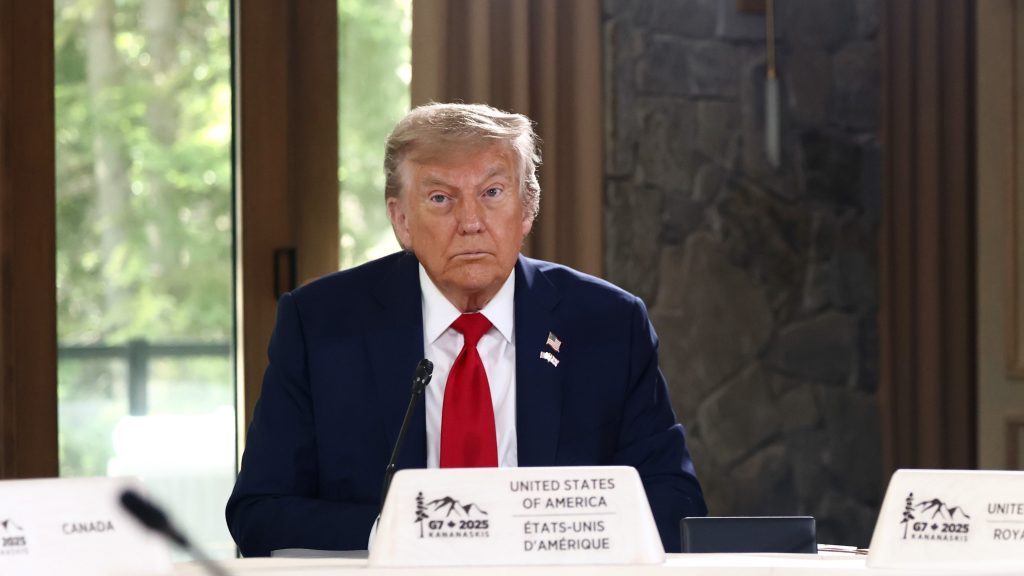Trade tensions between Washington and Ottawa have flared up once again after U.S. President Donald Trump announced the abrupt suspension of all trade negotiations with Canada.
Others are reading now
His decision followed an advertisement aired in Canada that featured late U.S. President Ronald Reagan criticising tariffs, a move that Trump described as “outrageous behaviour.”
Reagan ad backlash
In a post on Truth Social, Trump declared:
“In light of their outrageous behavior, ALL TRADE NEGOTIATIONS WITH CANADA ARE HEREBY TERMINATED.” The president’s statement came after the Ontario government broadcast a one-minute television ad using Reagan’s 1987 remarks warning against protectionist policies.
Reagan’s voice was heard saying that while tariffs may appear patriotic, “in the long run, such trade barriers hurt every American, worker and consumer,” warning that they “inevitably lead to retaliation” and “fierce trade wars.”
The video, part of a C$75 million campaign, aired across U.S. networks and showed the flags of both countries alongside stock exchange footage.
Also read
Ontario Premier Doug Ford posted the clip on social media, writing that his government “will never stop opposing U.S. tariffs imposed on Canada.”
Legal concerns
The Ronald Reagan Foundation criticised the use of the late president’s words, accusing Ontario officials of using “selective audio and video excerpts” without permission.
In a statement, the foundation said the ad “distorts” Reagan’s message and confirmed that it was “examining legal options.”
Economic fallout
Trump recently imposed a 35% tariff on Canadian imports, though certain goods under the U.S.-Mexico-Canada Agreement (USMCA) remain exempt.
Additional duties include 50% tariffs on metals and 25% on automobiles.
Also read
Analysts say these measures have put pressure on Canadian industries, resulting in job losses and strained cross-border relations.
The controversy has also drawn global attention.
The Chinese embassy in Washington reposted a similar Reagan clip to criticise Trump’s broader tariff strategy, arguing that it risks igniting wider trade wars.


